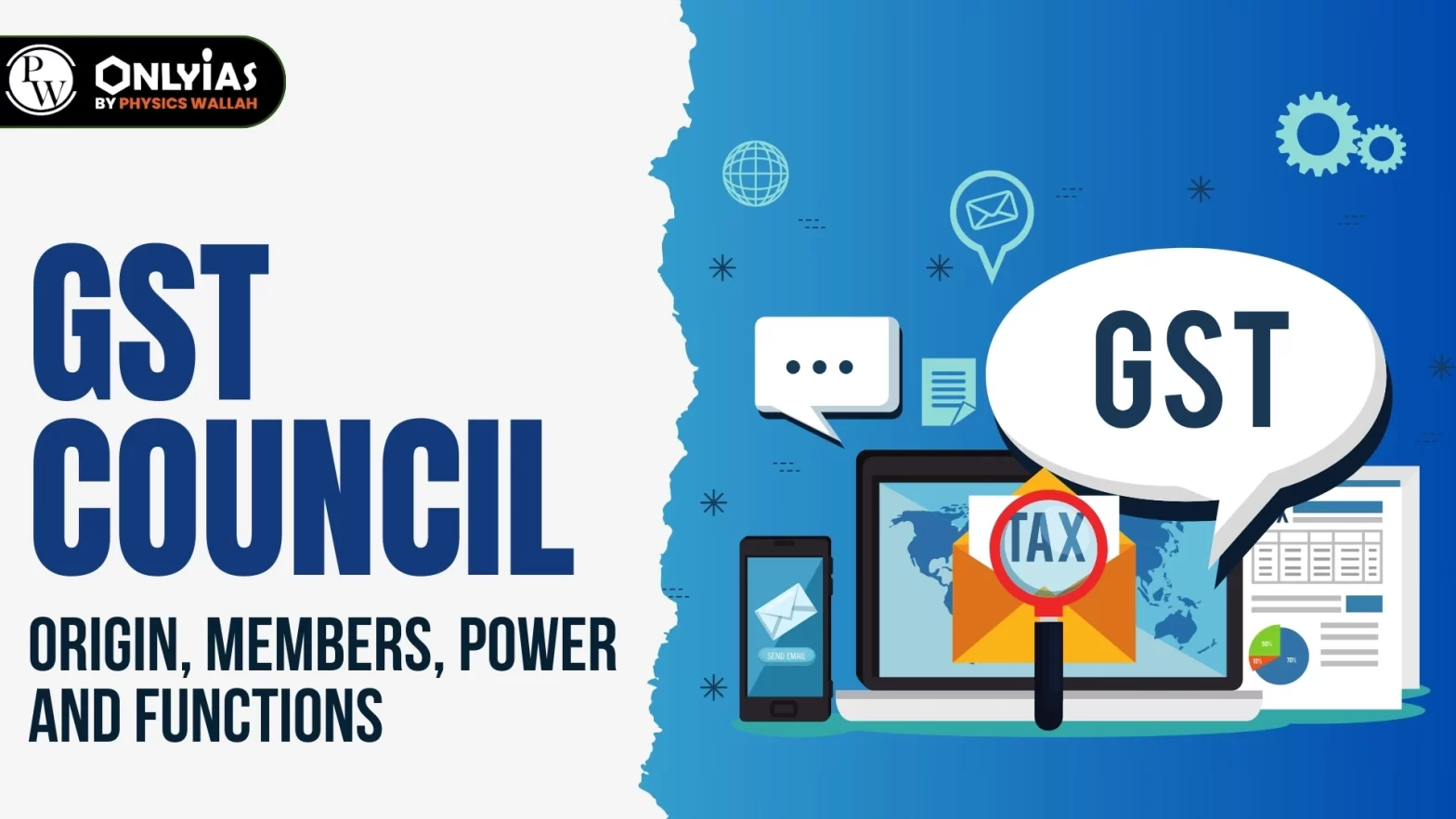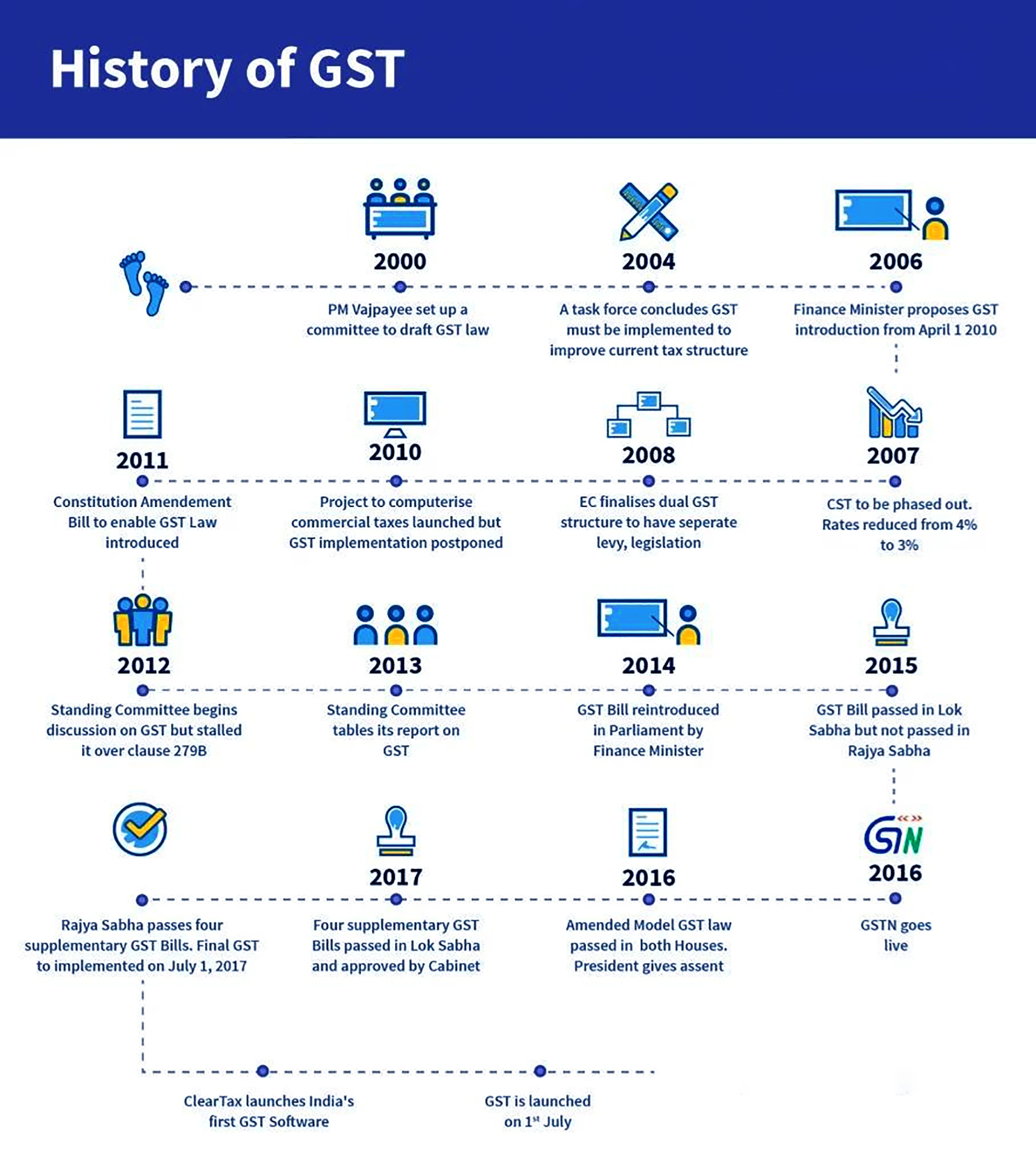

The GST council is likely to play a more effective role in ensuring fiscal federalism in the country by giving voice to the states. In the interest of the nation, there must be a consensual decision on issues concerning GST.
| Must Read | |
| NCERT Notes For UPSC | UPSC Daily Current Affairs |
| UPSC Blogs | UPSC Daily Editorials |
| Daily Current Affairs Quiz | Daily Main Answer Writing |
| UPSC Mains Previous Year Papers | UPSC Test Series 2024 |
<div class="new-fform">
</div>
